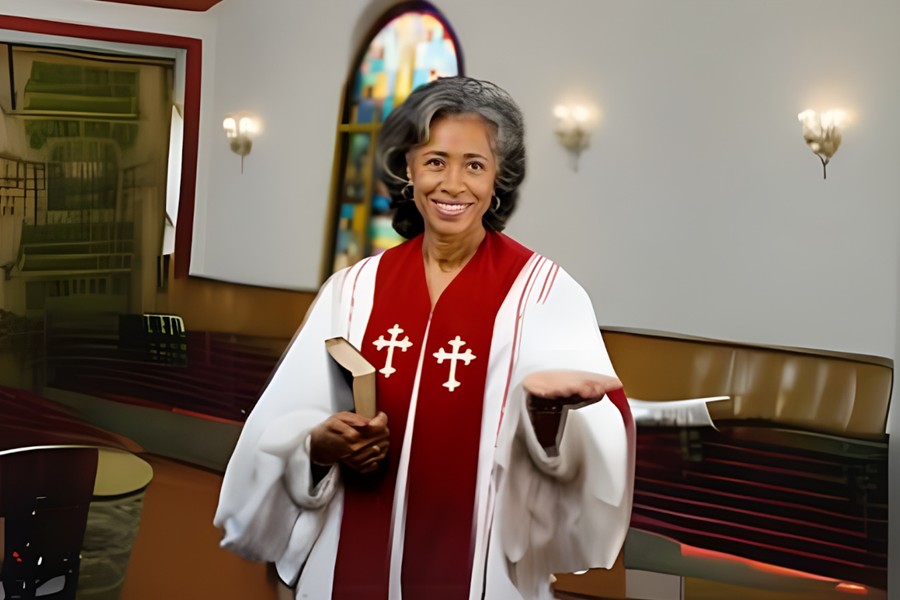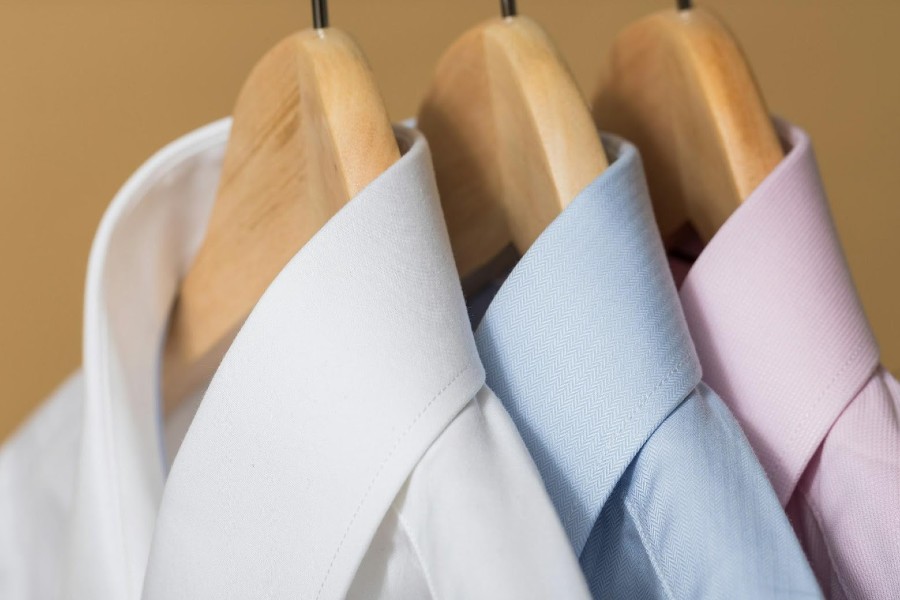
The role of the clergy is to represent the divine and serve as spiritual leaders in their faith community.
As such, it is important for clergy members to look and act the part. For women, this means wearing clergy robes.
Clergy robes have been worn for centuries, but their importance goes beyond just tradition. Wearing these robes helps to create a sense of reverence and respect among those who attend services.These clergy robes for females also serve as a visual reminder of the authority and responsibility that comes with being a spiritual leader.
Clergy Robes for Women: A Brief Walk Down Memory Lane
The history of clergy robes for women is long and varied. Clergy robes have been used for centuries to represent the spiritual authority of clergy members and to symbolize their dedication to their faith. For women in particular, the wearing of clergy robes has been a powerful symbol of their faith and devotion to their ministry.
The earliest records of women wearing clergy robes date back to the third century when a woman named Theodora was ordained as a priest in the Greek Orthodox Church. Throughout the Middle Ages, women of the clergy were often seen wearing vestments similar to those of their male counterparts.
In the 16th and 17th centuries, the style of clergy robes began to change. Women of the clergy began to wear robes that were more ornate and colorful than those of their male counterparts. This was due in part to the growing popularity of the Baroque style of clothing, which was popular among the upper classes. Women of the clergy also began to wear robes with more intricate embroidery and lace.
The 19th century saw further changes in the style of clergy robes for women. During this time, there was a shift away from the more ornate styles of the previous centuries, and women of the clergy began to wear simpler robes. This was in part due to the changing social attitudes towards women in the clergy, as well as a desire to create a more professional and dignified look.
In the 20th century, clergy robes for women began to resemble those of their male counterparts more closely. As the role of women in the church grew, so too did the range of robes available to them. Today, there are a variety of styles and colors of clergy robes available to women, ranging from traditional to contemporary.
The Significance of Clergy Robes for the Modern Clergywoman
Clergy robes are an essential part of the modern clergywoman’s wardrobe. They represent a symbol of her faith, her dedication to her congregation, and her commitment to her ministry. Clergy robes provide a sense of authority and honor in the church, and they also show the world that she is a leader in her faith.
Clergy robes have been worn by the clergy for centuries, and they are still a vital part of the modern clergywoman’s wardrobe. Clergy robes are typically made of heavy fabric and are often adorned with intricate embroidery or other decoration. They come in many different styles and colors and are designed to be both functional and fashionable.
Clergy robes are not only a symbol of faith, but they also provide a practical purpose. They provide a barrier between the wearer and the congregation. This barrier helps to protect the clergywoman from distractions and maintain her focus on the message she’s delivering. Clergy robes also protect her from the elements, such as inclement weather and temperature changes.
At Eclergys, we understand the importance of clergy clothing for women for the modern clergywoman. We offer an extensive selection of clergy robes that are designed to be both fashionable and functional.
Our robes are made of durable materials and are adorned with intricate embroidery and other details. We also offer a variety of colors and styles, so the clergywoman can choose a robe that reflects her own personal style and sense of fashion.
When Should a Clergywoman Don a Clergy Robe
When you are a clergywoman, wearing the proper robes can show respect for the office of the clergy and provide a sense of authority and presence during ceremonies and services. Knowing when to wear clergy robes is important for those in the clergy, and the following information can help you decide the best times to wear them.
The most obvious time that clergy robes are worn is during services, such as when officiating a wedding or performing a baptism. Clergy robes help to set a solemn and reverent tone, and they allow members of the congregation to recognize the clergywoman’s authority and presence.
Clergy robes can also be worn at other special events, such as funerals, ordinations, and other religious gatherings. In these instances, wearing the proper clergy robes can help to reinforce the gravity of the occasion and show respect for the deceased or the person being ordained.
Clergy robes can also be worn for more secular events, such as a city council meeting or a school board meeting. In these instances, wearing the proper attire can help to express the clergywoman’s authority and presence and demonstrate the importance of her role in the community.
When choosing the right clergy robes, it is important to keep in mind the occasion and the setting. For example, if the event is a formal gathering, then a more traditional style of robe may be more appropriate. On the other hand, if the event is more informal, then a more modern style of robe might be more suitable.
At Eclergys, we have a wide selection of clergy robes to choose from, so you can find the perfect robe for any occasion. From traditional styles to more modern designs, we have something to fit every taste and style. We also offer custom-made robes, so you can get the perfect fit for your unique body type.
When you are a clergywoman, wearing the proper robes can be a sign of respect for the office and the occasion. Knowing when to wear clergy robes can help you choose the right robe for the right occasion, allowing you to show your authority and presence in a dignified way. With our selection of robes at Eclergy, you can find the perfect one for any occasion.
Become a Harlem Insider!
By submitting this form, you are consenting to receive marketing emails from: . You can revoke your consent to receive emails at any time by using the SafeUnsubscribe® link, found at the bottom of every email. Emails are serviced by Constant Contact








